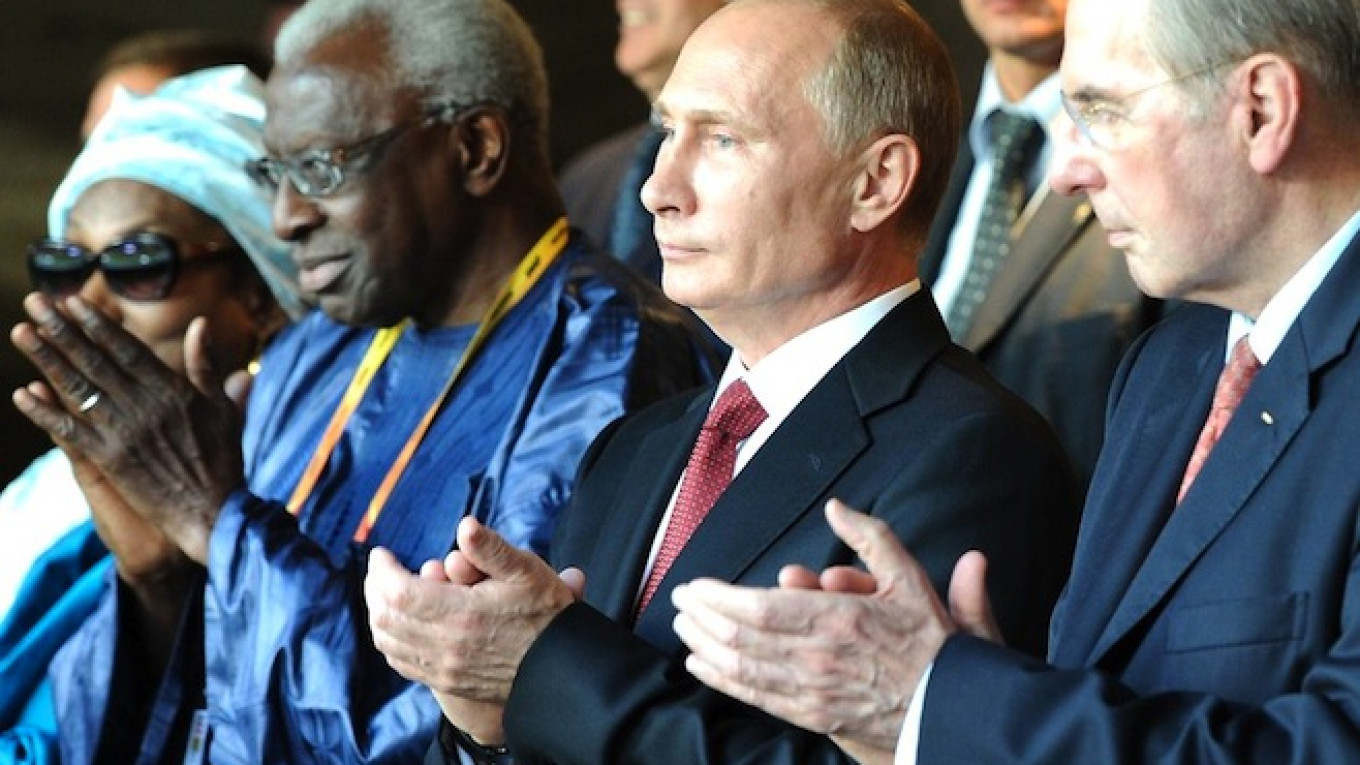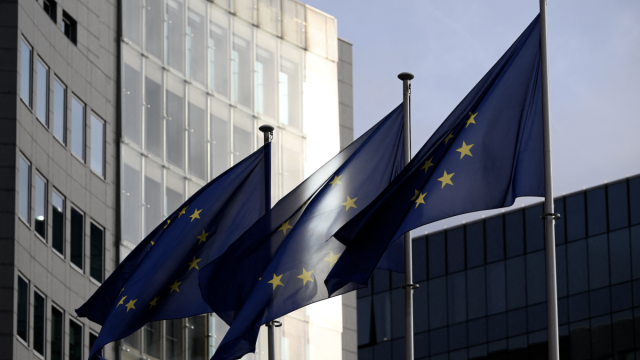A report has detailed “embedded” corruption at the governing body of world athletics and suggested collusion between Russian and IAAF officials at the highest levels in a coverup of mass doping in Russian sport.
"It is not credible that elected officials were unaware of the situation affecting … athletics in Russia,” said the report by the World Anti-Doping Agency (WADA). Corruption at the International Association of Athletics Federations (IAAF) “cannot be blamed on a small number of miscreants,” it added.
The report comes two months after another WADA investigation exposed doping and extortion on a huge scale in Russian sport, leading to the country's suspension from the IAAF and possible exclusion from this year's Olympics in Rio de Janeiro.
The report described negotiations over the fate of a group of Russian athletes accused of doping in the run up to IAAF championships held in Moscow in 2013. At one point, fees paid by a Russian state bank for broadcast rights jumped from $6 million to $25 million, the report said.
It also alleged that Lamine Diack, former IAAF president, told a lawyer working for the organization he was “in a difficult position that could only be resolved by President Putin of Russia with whom he had struck up a friendship.”
Russian Sports Minister Vitaly Mutko scorned Putin's inclusion in the report. “Our American colleagues and others are almost accusing the president of doping, taking the issue to absurdity,” he said, news agency R-Sport reported.
The WADA report continued: “If, therefore, the circle of knowledge was so extensive, why was nothing done? Quite obviously there was no appetite on the part of the IAAF to challenge Russia."
It said Diack “was responsible for organizing and enabling the conspiracy and corruption," and that he had "sanctioned and appears to have had personal knowledge of the fraud and the extortion of athletes."
The report added the IAAF Council — which included current IAAF president Sebastian Coe — must also have been aware of the extent of Russia’s doping program.
Thursday's exposé followed a report by the Associated Press on Tuesday that already in 2009 the IAAF had known of doping so out of control that it feared Russian athletes could die from abuse of blood-boosting drugs and transfusions.
Citing leaked internal documents, the AP report also said IAAF officials had considered collaborating with Russians to hide the full extent of the cheating before the London Olympics in 2012.
Among the leaked documents was an internal brief from Sept. 28, 2012 for then-president Diack which estimated that 42 percent of tested Russian elite athletes doped.
A Message from The Moscow Times:
Dear readers,
We are facing unprecedented challenges. Russia's Prosecutor General's Office has designated The Moscow Times as an "undesirable" organization, criminalizing our work and putting our staff at risk of prosecution. This follows our earlier unjust labeling as a "foreign agent."
These actions are direct attempts to silence independent journalism in Russia. The authorities claim our work "discredits the decisions of the Russian leadership." We see things differently: we strive to provide accurate, unbiased reporting on Russia.
We, the journalists of The Moscow Times, refuse to be silenced. But to continue our work, we need your help.
Your support, no matter how small, makes a world of difference. If you can, please support us monthly starting from just $2. It's quick to set up, and every contribution makes a significant impact.
By supporting The Moscow Times, you're defending open, independent journalism in the face of repression. Thank you for standing with us.
Remind me later.






